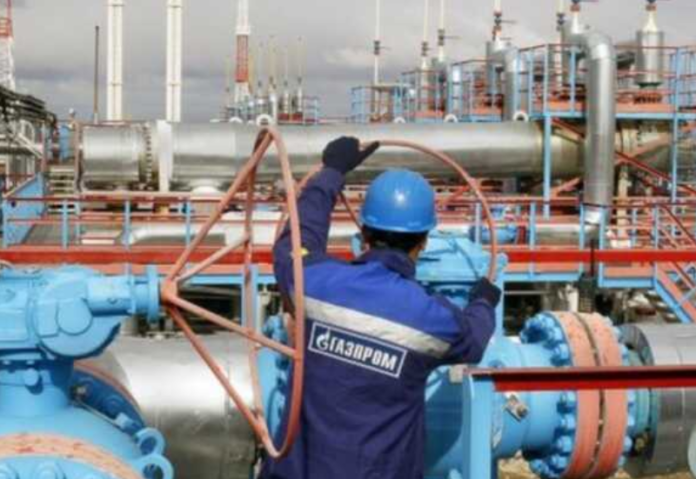Європейські країни успішно пристосовуються до нових реалій на ринку енергетики та знижують свою залежність від російського газу, повідомляє Bloomberg. Навіть при проблемах з транспортуванням газу через Близький Схід, ціни на газ для Європи залишаються стабільними, а вартість електроенергії не зазнала суттєвих змін.
Європейські країни вирішили не чекати на розвиток подій і активно діють, щоб зменшити свою залежність від російського газу. Вони розвивають рекордні обсяги газових запасів, використовують відновлювальні джерела енергії та вдосконалюють ефективність споживання.
Однією з причин успіху вважається активне використання відновлюваних джерел енергії. Диверсифікація джерел постачання енергії дозволяє Європі не тільки забезпечити стабільність у сфері енергетики, але й знизити вплив геополітичних факторів на її енергетичний ринок.
Однак, зауважується, що новий підхід до енергетичної політики, зокрема використання різноманітних джерел та скрапленого газу, може збільшити невизначеність на ринку. Європейські країни стають більш залежними від зовнішніх факторів, таких як геополітична ситуація та постачання енергоносіїв.
Однією з ключових подій, яка впливає на ситуацію, є закінчення угоди про транзит газу між Росією та Україною в кінці 2024 року. Це може призвести до додаткового зменшення обсягів газу, що надходить до Європи з Росії.
“Ми все ще дуже обережні щодо того, що станеться далі”, — зазначив Штефан Ролле, керівник відділу енергетичної політики Міністерства енергетики Німеччини. Незважаючи на досягнуті успіхи, важливо продовжувати моніторити ситуацію та вдосконалювати стратегії для забезпечення стабільності та надійності енергетичного сектору Європи.


